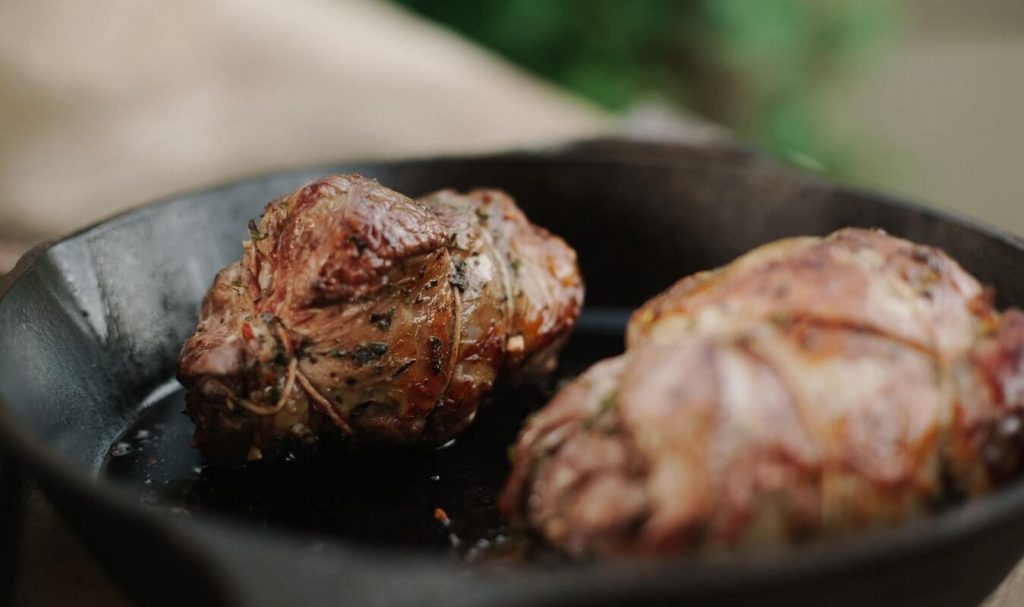As lab-grown meat is currently taking the world by storm and expected to hit shelves this year, some influential rabbis have opened the discussion regarding kosher-friendly pork.
For thousands of years, many Jewish people have left pork off the plate, as pigs and their flesh are defined as a taboo subject by religious law. However, with modern technology now enabling the production of “clean meat“, which is muscle grown in labs from extracted animal cells – Jewish kosher-observers may have found a loophole not previously considered.

Yuval Cherlow, of the Tzohar Rabbinical Organization, is a “prominent orthodox rabbi”, according to Quartz Media. “[Clean pork] loses its original identity [genetic material] and therefore cannot be defined as forbidden for consumption,” Cherlow recently told Ynet.
Cherlow isn’t the only rabbi pondering kosher pork. Rabbi Menachem Genack, the Orthodox Union’s CEO of the kosher division, has also shared his support for the clean meat movement. Initially, Genack was for the production of clean beef and chicken, but he has only recently pondered if clean pork could become an accepted, kosher, food. “[I]t is something that we [Orthodox Union] are thinking about,” he stated.

Considering the global kosher market is worth upwards of $24 billion, and over 40 percent of food in American stores include an Orthodox Union “kosher” label, the introduction of clean meat could revolutionize a wealthy industry.
Judaism isn’t the only faith that observes a dietary aversion to traditionally produced pork. Many Muslims also avoid the consumption of the meat. The Qur’an, a book believed to be the words of Allah (the Arabic word for God), forbids Muslims to eat pork as this meat is dedicated to only Allah.
Unlike traditional meat production, wherein an animal is bred, raised, and slaughtered, clean meat is slaughter-free.
Scientists take a cell from the given animal, which can be from feather, hair, or skin amongst other body parts. The cell is then reverted to an earlier stage of development, making meat-relevant cells in a process called differentiation. Essentially, this “tricks” the cell, allowing it to be “re-grown” in a bioreactor, to make muscle.


